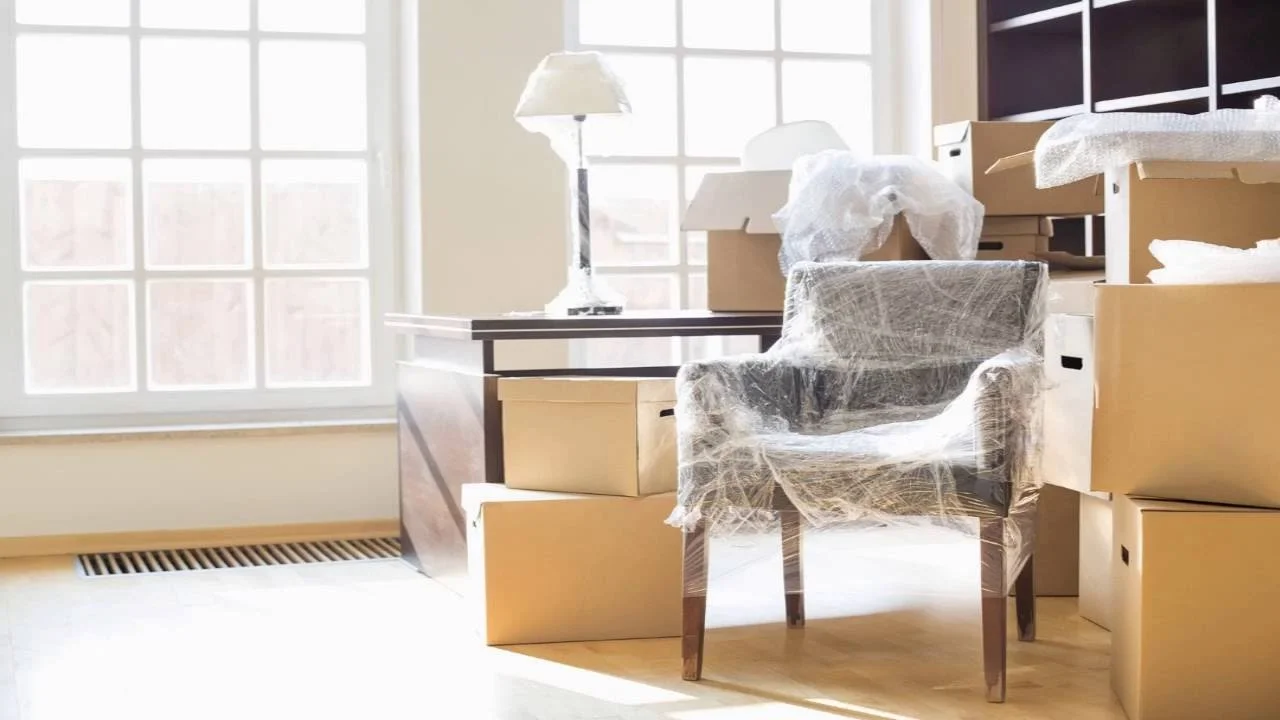Clutter doesn’t always arrive in a single moment. It builds up gradually—in garages, closets, basements, and backyards—until it becomes background noise in your home and mind. While most people focus on junk removal as a way to clear physical space, its true impact often goes much deeper. Letting go of accumulated junk can offer unexpected psychological benefits that improve not just how you live, but how you feel.
The connection between mental health and physical surroundings has been well documented. Cluttered environments create distractions, reduce productivity, and elevate stress levels. By making the decision to clean out what’s no longer needed, homeowners often find that they’re not just reclaiming floor space—they’re regaining mental clarity.
Understanding Clutter’s Cognitive Impact
The human brain is constantly processing visual information. When a room is full of scattered items, the brain has to work harder to filter what’s important. This added processing load can cause mental fatigue, irritability, and difficulty focusing.
Over time, even subconscious exposure to clutter contributes to:
- Chronic stress
- Poor sleep
- Decision paralysis
- Reduced motivation
Each pile of junk becomes a reminder of something unfinished. The garage you can’t park in. The closet you avoid opening. The guest room that’s more storage than sanctuary. These unaddressed spaces quietly affect your overall sense of control and wellbeing.
Junk removal allows you to interrupt this cycle. When the unnecessary items are gone, your brain no longer has to “filter them out”—freeing up mental energy for tasks that truly matter.
Emotional Weight: Why We Hold On
Many people don’t realize that keeping junk isn’t just about indecision—it’s about emotion. Items often represent memories, aspirations, or guilt. A dusty treadmill becomes a symbol of abandoned goals. Old furniture may remind you of past relationships or living situations. Even broken electronics can feel hard to part with, as if discarding them confirms their uselessness.
These emotional attachments turn physical clutter into psychological baggage. It’s not about the objects themselves—it’s about the meaning we attach to them. That’s why junk tends to linger long past its practical life.
Making the conscious choice to part with these items is an act of mental clarity. It reinforces that your current and future needs are more important than the weight of the past. Letting go becomes an exercise in self-care.
Decision Fatigue and the Paralysis of “Maybe”
Every item you keep creates a tiny future decision. Where to store it. Whether to repair it. How to use it. The more you own, the more choices you have to make—and too many choices lead to decision fatigue.
You might find yourself standing in a cluttered room unsure where to start. This paralysis leads to inaction, and inaction allows clutter to grow. Junk removal is the antidote. It removes the “maybe” pile from your life and replaces it with clear decisions: keep, donate, or discard.
With each bag or box that leaves your home, your mind grows quieter. Decision-making becomes easier. Energy returns. Tasks that once felt overwhelming begin to seem manageable.
The Ripple Effect of Cleaning One Space
One of the most powerful aspects of junk removal is how it creates momentum. Clearing a single room often leads to a ripple effect. After cleaning out the garage, you might feel ready to tackle your office. After removing junk from the attic, you might reimagine it as a creative space.
This momentum isn’t just physical—it’s psychological. Junk removal restores a sense of capability. It reminds you that you are in control of your space, and by extension, your habits and lifestyle.
Homeowners often find themselves taking better care of their homes after a deep cleanout. Surfaces stay tidier. Projects get completed. Time is spent more intentionally. The space begins to work with you, not against you.
Clearing Clutter to Invite Calm
Many people describe the feeling after a major cleanout as “lighter.” That’s no accident. Removing junk reduces the number of stimuli your brain has to process, which creates a calming effect. Clean, open spaces send a message of peace and order.
This is especially important in areas meant for rest, like bedrooms or living rooms. Even if junk is hidden in closets or corners, its presence can still weigh on your mind. Removing it opens up more than square footage—it creates breathing room.
It’s worth noting that junk doesn’t just live indoors. Yards, patios, and driveways can become equally cluttered. Broken planters, unused materials, piles of gravel, or old outdoor furniture all contribute to visual and mental clutter. Addressing these areas extends the sense of calm to your entire property.
Reclaiming Identity Through Space
One overlooked benefit of junk removal is how it allows you to redefine your environment to match your current identity and goals. Life changes—so should your space.
That home gym you want to build? It’s buried under boxes in the basement. The reading nook you dream about? It’s hidden behind a pile of unused furniture. The office you need for remote work? It’s still storing everything from your last move.
Clearing away junk reintroduces possibility. It allows your home to support your lifestyle today—not a past version of you. The process becomes less about what you’re losing and more about what you’re making room for.
Companies like Hauling 24/7 understand that junk removal is about more than hauling debris. It’s about helping people reconnect with their environment—and themselves.
Why Mental Health Professionals Recommend Decluttering
While not a replacement for therapy, junk removal is often encouraged by mental health professionals as part of stress reduction strategies. Decluttering has been linked to improved mood, lower cortisol levels, and increased confidence.
Creating a peaceful, functional space provides emotional grounding. It becomes a place where you can relax, reset, and refocus. Even small wins—like clearing a closet or donating a box—can provide a measurable boost in self-esteem.
And unlike organizing, which can simply rearrange the problem, true junk removal eliminates it entirely. The clutter is no longer part of your visual or mental environment.
Making the Process Manageable
If you’re overwhelmed by where to start, the key is to break the job into small, manageable tasks:
- Begin with one area, like a hallway closet or laundry room.
- Use a timer—20 to 30 minutes per session is often enough to make progress.
- Focus on clear categories: trash, donate, recycle, keep.
- Don’t second-guess items that haven’t been used in years.
- Schedule removal services in advance to keep the process moving forward.
Even one cleared room can improve how you sleep, work, or spend time at home.
Conclusion
Junk removal is more than a home project—it’s a mental reset. By eliminating physical clutter, you reduce stress, regain focus, and create an environment that supports your wellbeing. The act of letting go becomes a tool for living with greater intention.
Whether you’re clearing a room or transforming your entire home, the benefits go beyond what you can see. You feel it. You live it. And you carry that clarity into everything you do.
With the right mindset and support from professionals like Hauling 24/7, junk removal becomes more than just cleanup—it becomes a step toward a clearer, calmer life.
Read More From Techbullion

































